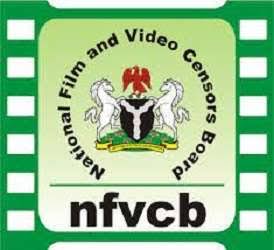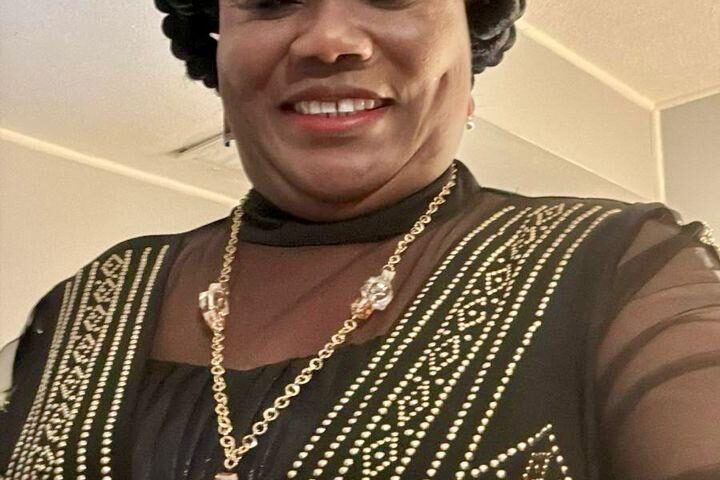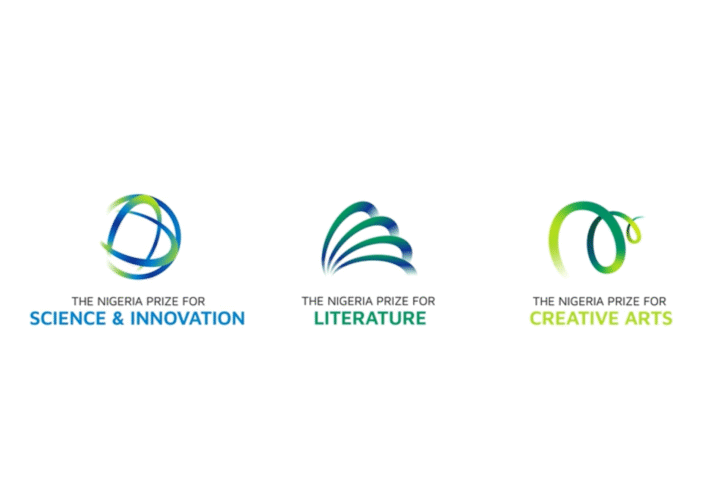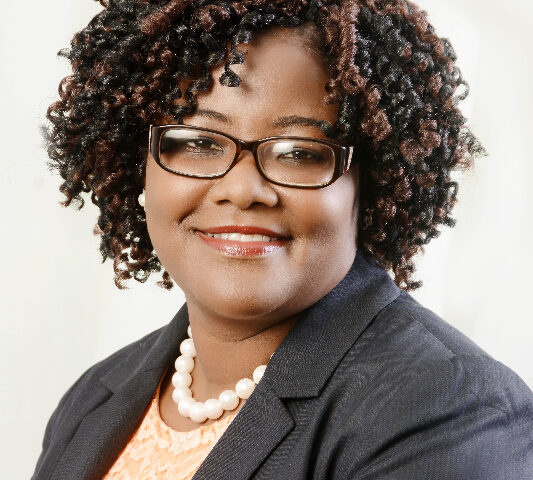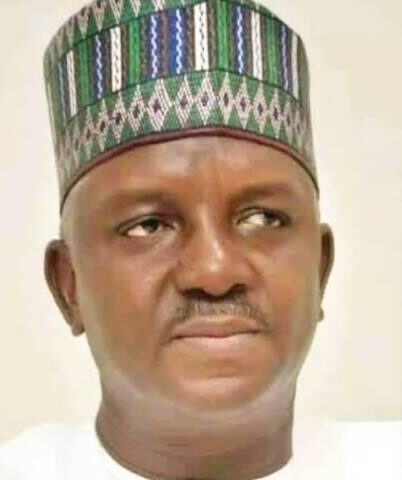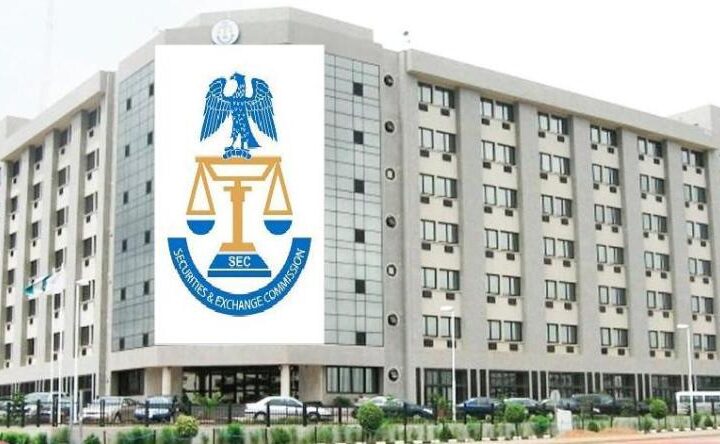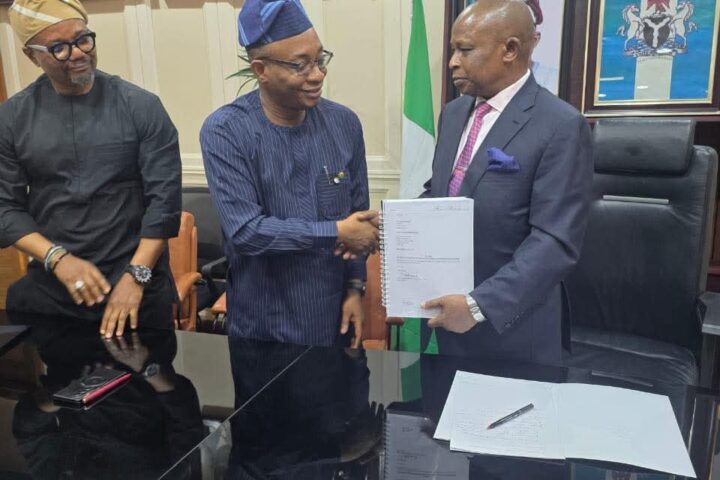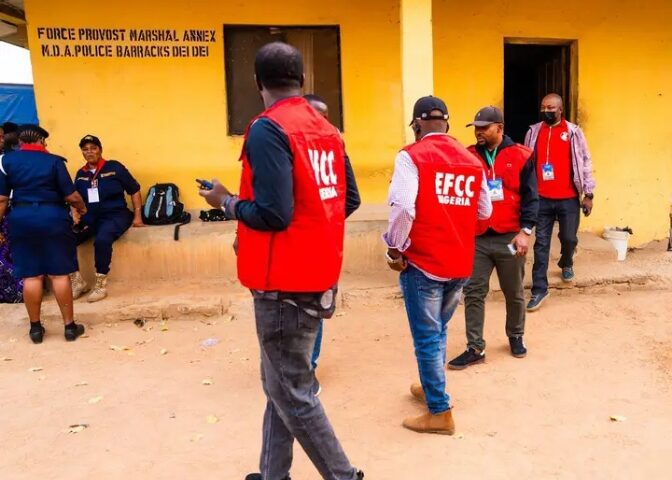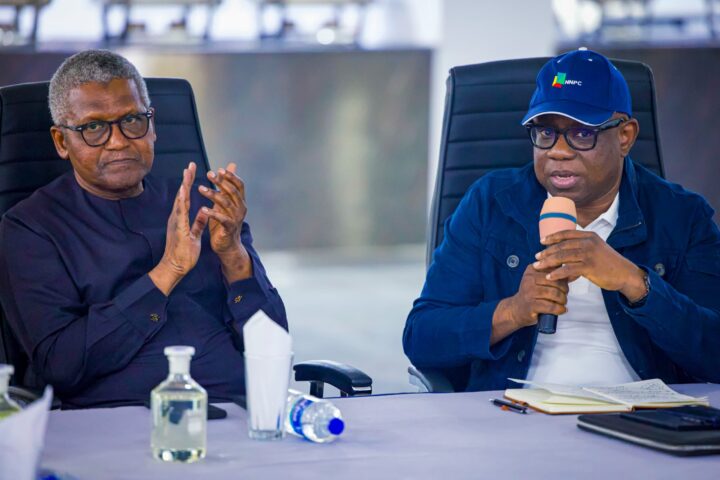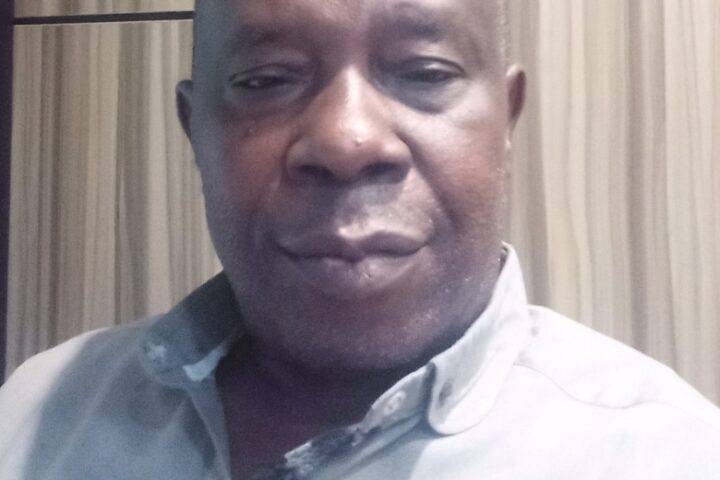Nigeria’s creative sector to increase its Gross Domestic Product contribution to $100 billion by 2030 and create two million new jobs by 2027, experts have said.
They also revealed that global exports of creative services increased from $490 billion in 2010 to nearly $1.4 trillion in 2022.
They disclosed these in their papers at a National Focus Group Forum on Nigeria’s Culture Sector, designed to unlock the economic power of Nigeria’s cultural and creative industries
The Nigerian Economic Summit Group (NESG), in collaboration with the Federal Ministry of Art, Culture, Tourism, and the Creative Economy (FMACETC) and the United Nations Educational, Scientific and Cultural Organization (UNESCO), convened the forum.
The discussions focused on policy reforms, digital transformation, sustainable investment, and stakeholder collaboration, with an overarching goal to position Nigeria’s culture sector as a major driver of economic growth, job creation, and global competitiveness.
In his opening remarks, NESG Board member, Mr. Udeme Ufot, noted that the forum provides a strategic platform for sector updates, dialogue, and collaboration among stakeholders in the culture ecosystem.
He said: “As Nigeria’s cultural sector continues to evolve into a significant economic contributor, this engagement is vital to refining policies and structures that will drive sustainable development.
He said, beyond economic contributions, the cultural sector plays a crucial role in promoting social harmony, preserving Nigeria’s rich heritage, and fostering peace-building.
He revealed that the forum aims to identify strategies for preserving and promoting Nigeria’s cultural heritage, explore governance reforms through policy and regulatory frameworks, integrate cultural industries into national economic development, develop youth empowerment initiatives and leverage technology for sector transformation.
Speaking, Dr. Shaibu Husseini Executive Director, National Film and Video Censors Board, emphasised the need for a new mindset and reform within the public sector to effectively support Nigeria’s creative industry.
Having transitioned from the private sector into regulation, he acknowledged bureaucratic hurdles such as delays in renaming the board to better reflect its classification role but stressed the importance of working within official mandates.
He criticised unrealistic stakeholder expectations, such as government funding for memorial events without proper budgetary backing.
He further highlighted internal resistance from civil servants unfamiliar with reform-driven leadership, but noted that progress has been made in reorienting his agency towards efficiency and effectiveness.
Husseini pointed out that the board’s role is to balance regulation and creativity, and not to dictate artistic direction, but to ensure content is properly classified for public consumption.
Gbile Holloway, Director-General, National Commission for Museums and Monuments (NCMM), shared insights from his transition from the private to the public sector, emphasising the stark contrast in operational efficiency.
He pointed out that while the private sector thrives on speed and profit-driven goals, the public sector is often slowed by bureaucratic processes that can be frustrating for newcomers.
He stressed the need for improved synergy between government agencies and ministries to ensure a unified national direction for cultural development.
Despite the challenges, he acknowledged the presence of highly skilled and dedicated professionals within the public sector.
At the NCMM, he expressed confidence in the competent team he found and emphasised the importance of deliberate and efficient execution of cultural policies.
Obi Asika, Director-General, National Council for Arts and Culture (NCAC), underscored the need for legal reforms, infrastructure modernisation, and stronger stakeholder collaboration.
He highlighted NCAC’s evolving role from a cultural custodian to an active ecosystem builder, advocating the re-purposing of NCAC offices into creative hubs to support entrepreneurship and digital transformation.
In his remarks, Yinka Iyinolakan, Founder/Chief Executive Officer, C-Dial, tackled the digital divide in Nigeria’s creative industry, stressing the need to integrate indigenous languages into technology.
He cited ongoing efforts to develop voice recognition models for Nigerian languages such as Hausa, Yoruba, Pidgin, and Fulfulde.
Makinde Adeniran, President, National Association of Nigerian Theatre Arts Practitioners (NANTAP), advocated effective internal regulation in Nigeria’s creative sector, particularly in light of the ongoing conflict between the Bankers’ Committee and the National Theatre.
He called for a modernised organisational structure aligned with global best practices, ensuring cultural professionals have a say in the management of cultural institutions.
Mrs. Ugochi Akudo Nwosu, Federal Ministry of Art, Culture, Tourism, and Creative Economy, reaffirmed the government’s commitment to leveraging Nigeria’s cultural heritage for economic growth and global influence.



